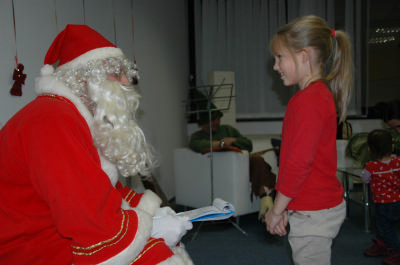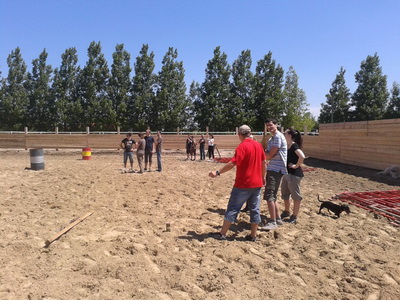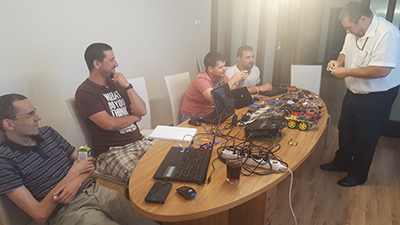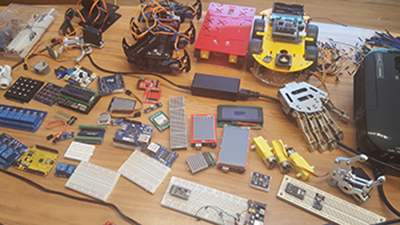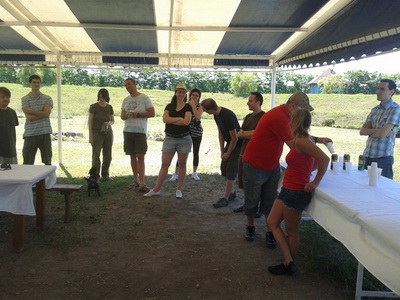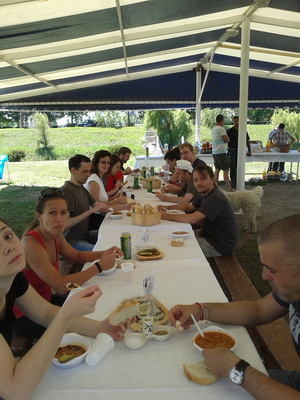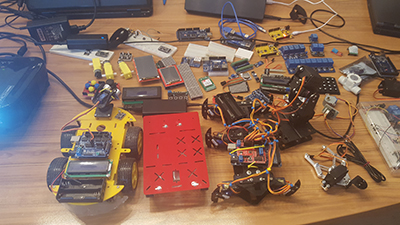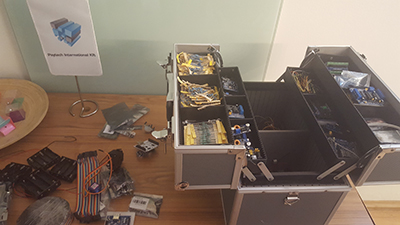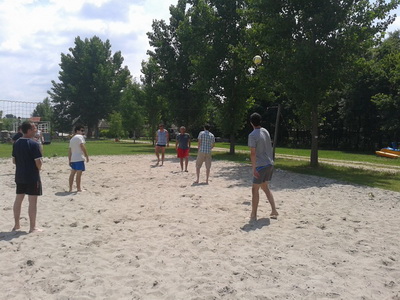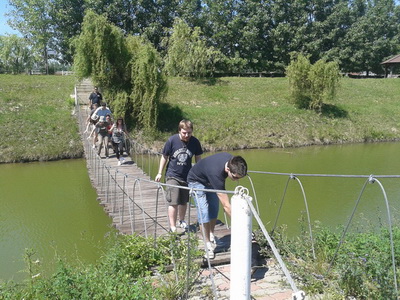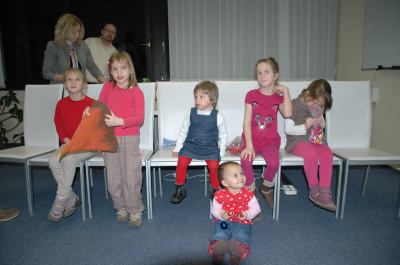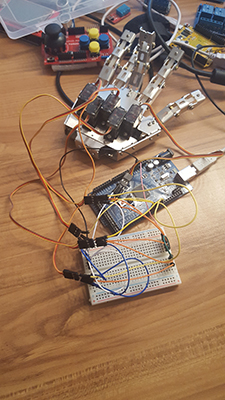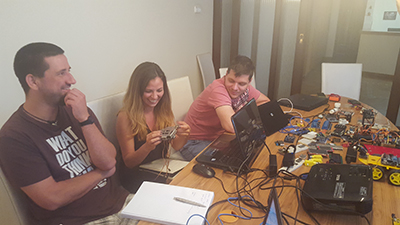Minute based festival ticket
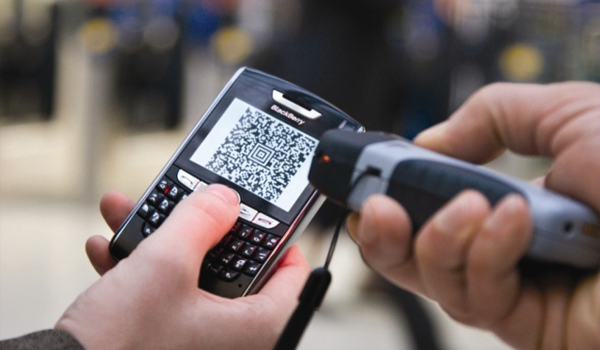
Client: Sziget Kft.
For the first time in the world, minute based festival tickets were introduced in Hungary (at the Sziget festival), and our development team was called upon to design and construct its system. Our work was hindered by the extremely short deadline and the foolproof communication with complex systems.
Tasks:
Our client wanted to sell minute based festival tickets for his own festivals, debiting the clients’ mobile account balance. Purchase is working with a start-stop method, which can be launched by sending an SMS. In this way customers only pay for the actual time they spend there, they don’t have to queue, and it can be launched independent of time and place. These tickets can be bought from a separate contingent of 1000 tickets, which could be bought even if the normal tickets were already sold out.
Implementation:
This was the first project implemented in the new MFF system. We solved the tasks of design and implementation working in close cooperation with Sziget Kft. and Vodafone mobile network operator. In the following years the rest of the mobile network operators installed this service as well, but we carried on the discipline and process developed in this first project.
The first serious step was the accurate planning of the process, since many actors take part in the execution of a purchase. A definition of service was created for the mobile network operator, which explains the service in detail and every possibility of the purchasing process. A description of the financial file structure was also created, which details the data of the financial processes arising during a purchase. This was a CDR file, which was taken up by Vodafone in a scheduled manner. Later on we got connection to the unified financial system of the mobile network operators, so in the following years we didn’t need this.
The system of Sziget Kft. registers the armbands given out for a given festival. Tickets sold via SMS should also get into this registry, so we created a communication interface between the two systems. The description transcribes sockets based communication, with XML based messages. We started development based on these final specifications.
In the course of development, we had to find a solution to be able to manage and connect several coherent data jointly. Because of the data coming in from the different actors and the nonlinear processes, it was necessary to work out transaction management. We generated a unique ID based on time, which later will relate all the coherent data. This was the discipline we benefited from later on. That is how the solution of a casual problem became the elemental part of the bases of MFF.
Financial accounts have been elemental parts of the project too, since these are what the event organizer and the mobile network operator need for their accounting. This was developed according to unique requirements, suitable for every actor.
Every established communication channel meant immense challenge, since we had to use and work out unique solutions in every single case. Not yet during the testing process, but later on the need for serious encryption of the data travelling on the internet arose, what we solved with certification and public keys.
- Main technical features of the system:
- linux server environment,
- Viola™ technology,
- PHP and MySQL based server-side program code,
- scalability,
- homogeneous system,
Year of implementation 2010
